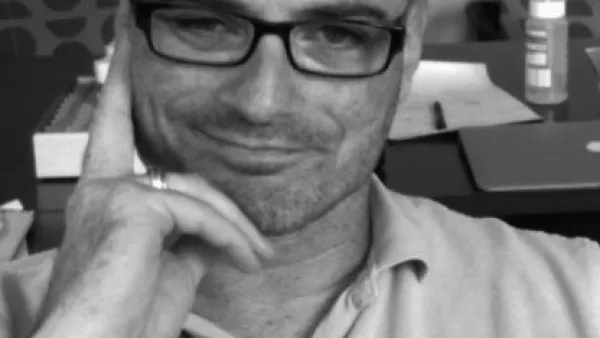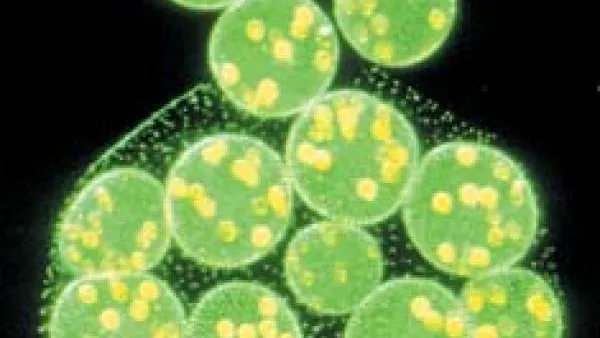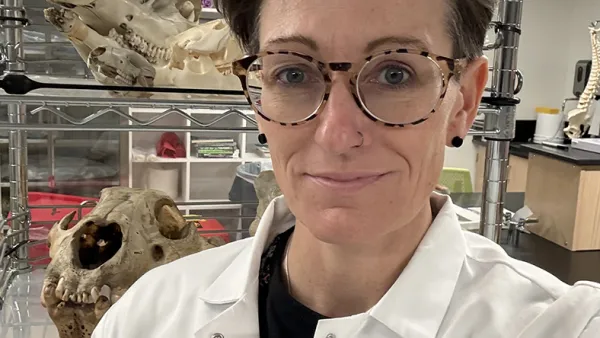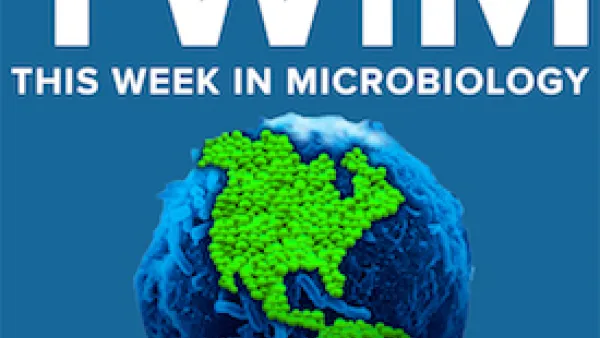In the Budge Lab we focus on the eradication of lymphatic filariasis (LF) which is a neglected tropical disease caused by the Wuchereria bancrofti worm endemic in Western and Central Africa. This disease damages the lymphatic system, often causing lymphoedema and elephantiasis of the limbs. I’ve spent the last year and a half as an undergraduate research assistant working towards improving the rapid diagnostic test for LF. The World Health Organization’s Global Program for Elimination of Lymphatic Filariasis depends on efficient and accurate diagnoses to inhibit transmission. Currently, cross reactive antigens from the co-endemic Loa loa worm produce false positive test results and impede the successful treatment of those with Lymphatic Filariasis. Misdiagnosis bears significant risks, as treating false positives may lead to encephalopathy and death.
As a research assistant I search for ways to capitalize on the various post-translational modifications to the antigens from either worm to increase specificity of the rapid diagnostic test. I explored the use of lectins to selectively bind certain sugars present on the cross reactive L. loa antigen, and gained experience analyzing these results through ELISA assays and Western Blots. While the use of lectins as a potential depletion technique proved to be ineffective, the experiments provided useful information as to the identification of the carbohydrates present on these antigens. Currently, we are exploring techniques to isolate the circulating filarial antigen from patient sera of those with Lymphatic Filariasis using various ion exchange and size exclusion chromatography columns. Future implications of this research are the use of the single circulating filarial antigen to produce antibodies with high specificity to this protein.
My time in the Budge Lab has been incredibly transformative and has sparked a love for research and scientific inquiry. The Bio500 research mentors are truly invested in the success of their students and create a welcoming environment to work in. Independent research gave me the opportunity to take charge of my education and assume a more active role in the scientific community. —Irene Hamlin, Biology Major, Class of 2021



